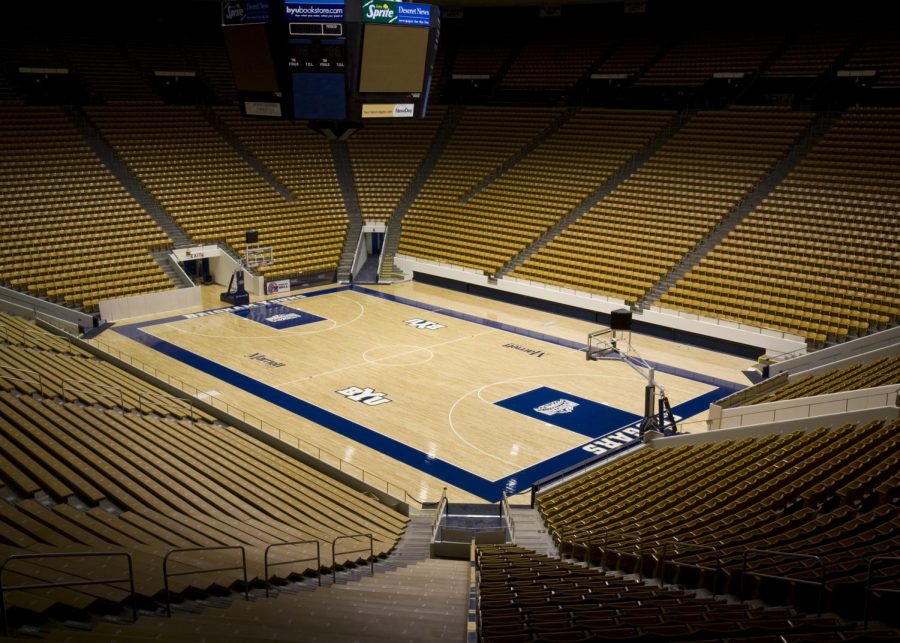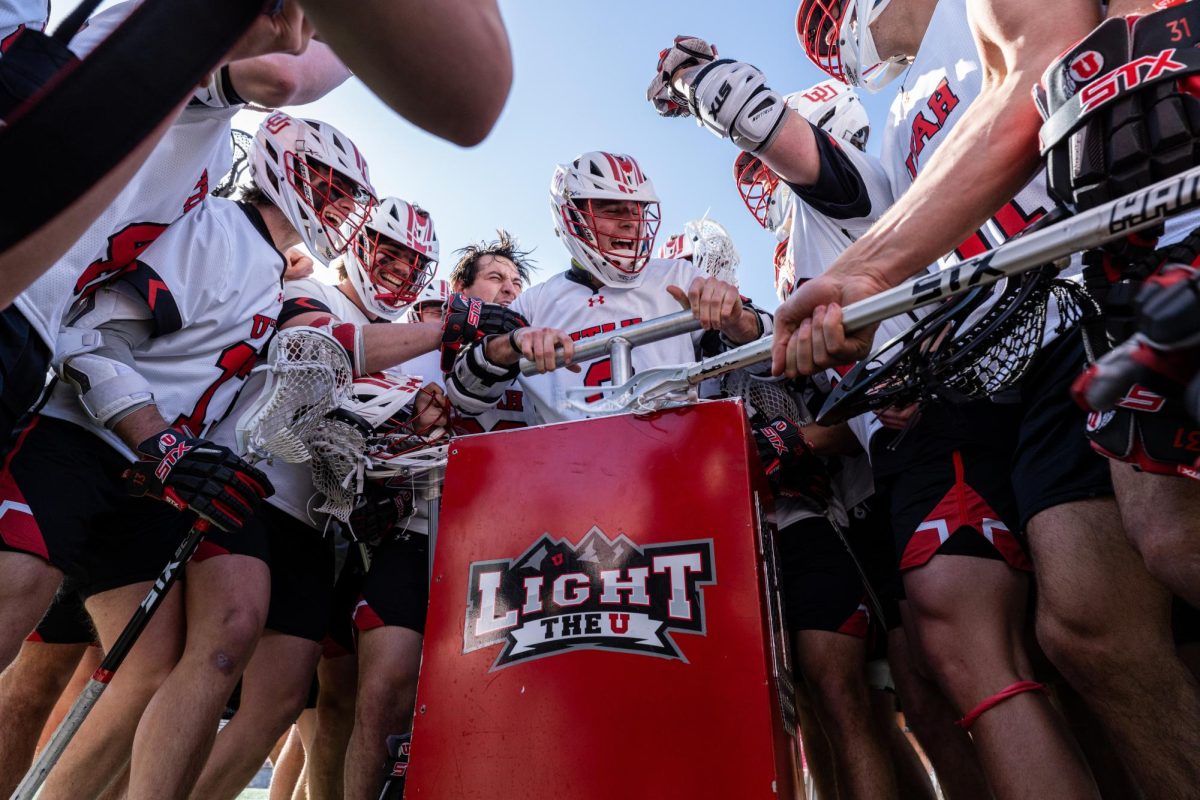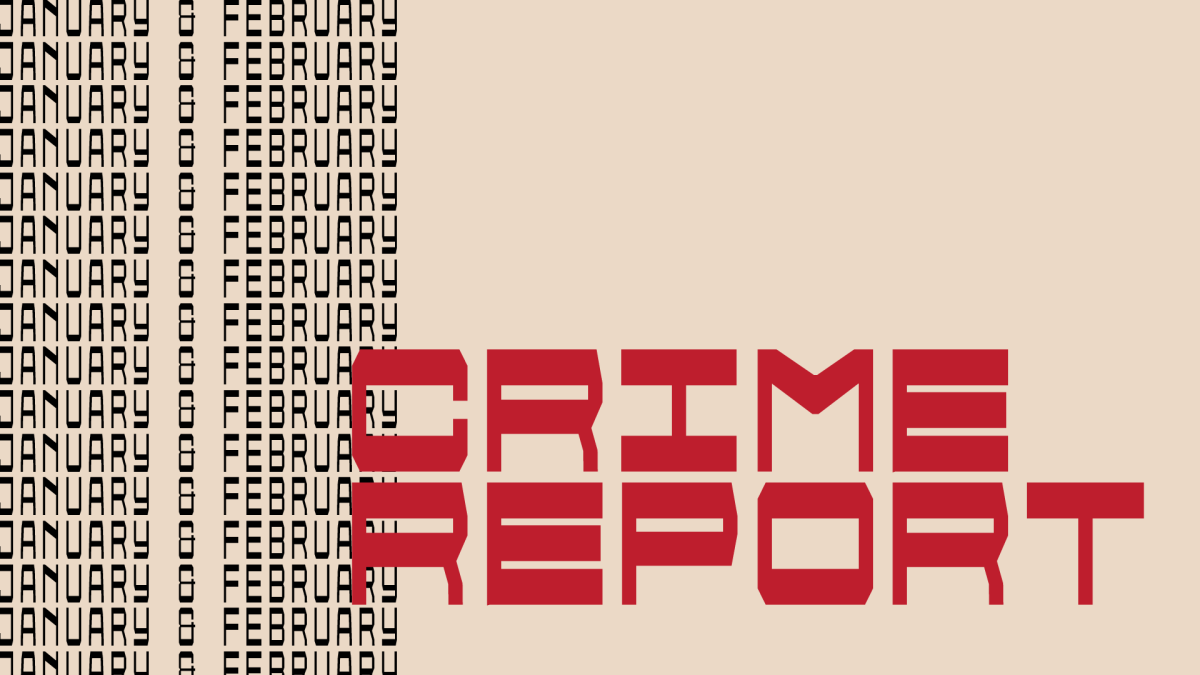Reese: The NCAA should boycott BYU
April 26, 2020
Brigham Young University is a private institution and has used this status to legally discriminate against LGBTQ+ members of its student body. This has caused severe mental and spiritual harm to LGBTQ+ students. BYU is infamous for its honor code that regulates the personal life of all BYU students. The honor code had long prohibited “homosexual behavior,” forcing any queer student at BYU to hide their authentic selves, lest their academic career be disrupted, if not ruined. Recently BYU removed that explicit restriction, which was interpreted to mean that queer students could be publicly “out” and allowed to date each other. Two weeks after the initial announcement, BYU officials abruptly reversed this decision, an action that only further served to gaslight queer BYU students.
BYU participates in sports nationally in association with the NCAA, an organization that has made an effort to be inclusive of the LGBTQ+ community. In the past, the NCAA participated in a boycott against venues in North Carolina when the North Carolina state government enforced a ban on transgender people using the bathrooms of their choice. The NCAA should continue these efforts in this spirit of advocacy and cut off all ties with BYU until they allow their LGBTQ+ students to pursue an education without facing consequences for simply being who they are.
Sports and Inclusion
Sports have historically been used as a way to include marginalized communities and change the general public’s opinion. Sports have always been political, and those involved with sports should honor this heritage by standing up against discriminatory institutions. A study by the American Center for Progress found that many fans would respond positively to sports teams being inclusive of the LGBTQ+ community. The study also found that making explicit statements in support of the LGBTQ+ community produces no negative perceptions with fans. If BYU were to be inclusive of its LGBTQ+ campus community, the university and the NCAA would benefit. If it refuses to protect its students, organizations like the NCAA should take decisive action and decline to affiliate with BYU until it does.
BYU has Made Accommodations for LGBTQ+ Community Before
BYU has been accommodating of LGBTQ+ people when forced to do so by partnering organizations. As an example, BYU hosts the annual U.S. National Amateur Dancesport Championships every year. The National Dance Council of America required BYU to allow same-sex couples in order to continue hosting the event. BYU initially remained defiant, announcing that they would hold an unsanctioned event to allow BYU to dictate the terms of which contestants could compete, expressly excluding same-sex couples. Eventually, that decision by BYU leadership was reversed, with BYU announcing that same-sex couples would be allowed to compete in a sanctioned event. Proof of outside institutional and societal pressure leading to positive change was demonstrated in March, when two women competed as partners at the event held on the BYU campus. If BYU cannot be motivated by the moral imperative to treat LGBTQ+ students equally, they will have to be pushed or led to do so by partnering organizations. Sports put universities on the national stage. Sports organizations need to use this leverage to protect and include those that BYU has pushed to the margins.
The NCAA has a Moral Responsibility
The NCAA has established a strong record of advocacy that it should continue to uphold. The NCAA has made an effort to be inclusive of LGBTQ+ students and staff. The NCAA joined a wider boycott of North Carolina over their transgender bathroom ban. This discriminatory bill cost North Carolina an estimated $3.76 billion in lost business. Faced with an economic hit of that size, the North Carolina legislature voted to repeal the bill, effectively ending the boycott. The NCAA has a moral responsibility to stand up for the LGBTQ+ community, even if it means severing ties with certain colleges and universities. The rules and values the NCAA promote for itself should extend to its member colleges and universities – this is about equality, there can be no compromise when it comes to basic human dignity.
Change Only Happens with Skin in the Game
Based on its own history, it is unlikely that BYU will demonstrate a change of heart without the very real threat of financial and reputation-based consequences for its discriminatory practices. Considering that the most recent data shows BYU receiving over $72 million in annual revenues from sports, even the mere prospect of losing revenue of that magnitude will undoubtedly get the attention of BYU officials. The pain of queer BYU students is clearly not enough for BYU to reverse its LGBTQ+ discrimination policies, but perhaps the risk of losing vast sums of money and public standing will be. BYU has shown that the reversal of discriminatory policies will not occur without pressure from their national partners. The NCAA has an obligation to make a stand for the queer community. The NCAA definitively demonstrated its values by their response to North Carolina’s discrimination. The institutional integrity of the NCAA demands that they consistently demonstrate those same values now by publicly stating a clear intention to strip BYU sports of its NCAA affiliation.












